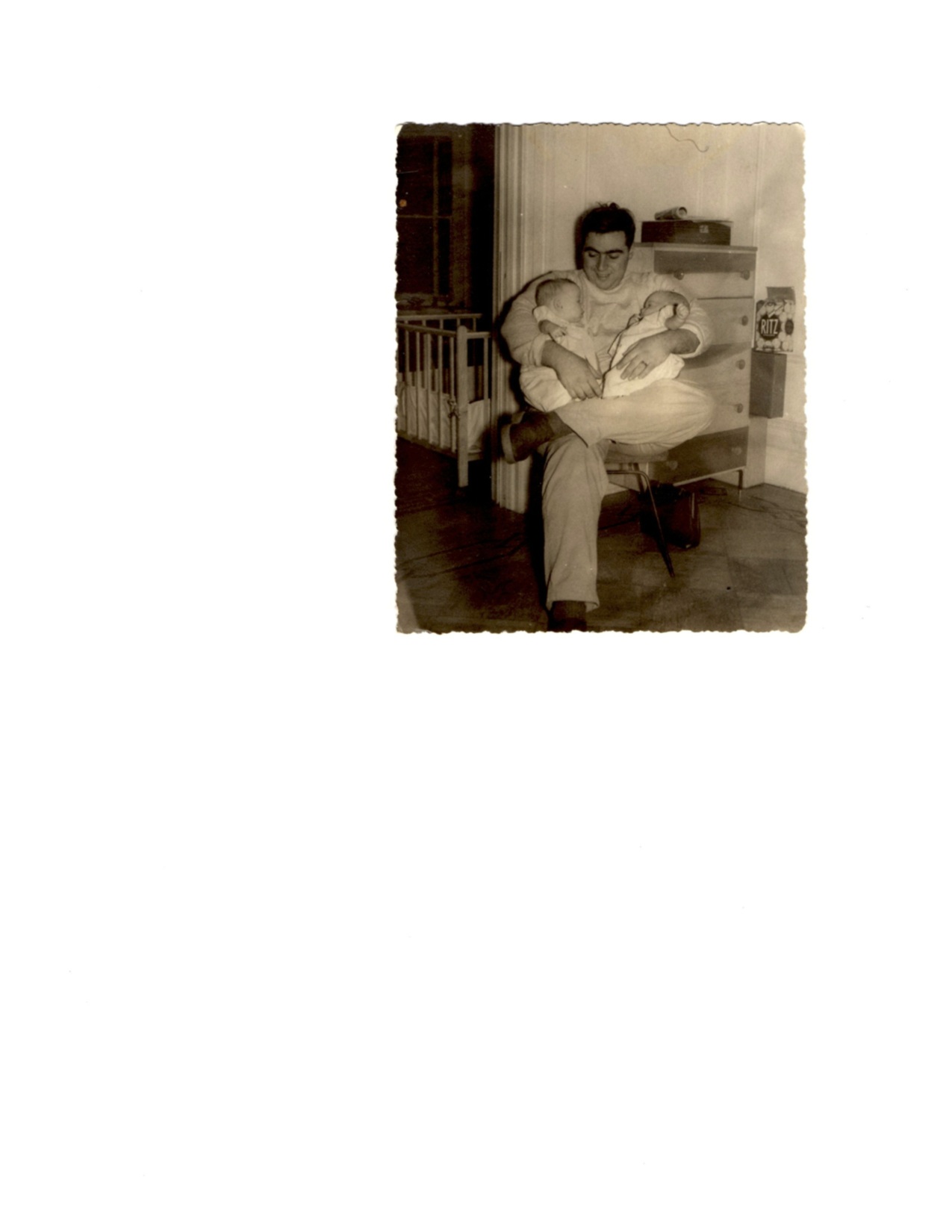Those of us who have lived in families with special needs children, know that compassion really comes into play, in the lifetime of needs that such children may have. As the identical twin of someone with multiple disabilities, my family continues to be impacted by that disability, over 50 years after our birth. Over two years ago, I took up the full time responsibility of caring for, and advocating for my sister. She is eligible for more than one type of government assistance - a fact of life for many disabled adults. But that assistance does not begin to address all of her needs. With profound deafness and unspecified brain injury from birth, she requires my presence at all of her doctor's appointments. Even with the sign language interpretation that Georgetown University Hospital thankfully provides, she has trouble understanding what the doctors and nurses are telling her. She needs help with her business and medical correspondence, and has difficulty relating to other adults. In short, my husband and I are her connection to the world, and her social support system. The lifetime of change that having a special needs family member entails, makes the idea of wearing their existence like an ideological badge of honor, painfully absurd. Those of us who share that experience, also share a concern for the full span of life of our disabled family members, not just their birth. As Harold Pollack

Politicizing the Experience of Having a Special Needs Family Member |
|
As Sarah Palin begins her book tour, journalists have struggled to explain why supporters and critics alike can't seem to get enough of news about her. Some have cited her looks, her gun enthusiasm, her coming from Alaska. But, to Bernard Goldberg, it all comes down to this:
"She has five kids. Liberals don't have five kids. One of them has Down Syndrome. Liberals certainly don't allow that to happen."
Jon Stewart's facetious answer to that was characteristicallybrilliant:
"In fact, Eunice Kennedy Shriver, one of nine Kennedy children, created the Special Olympics because she wanted an organized forum where she could mock children with Down Syndrome."
In a follow-up inteview, Goldbergexplainedthat religious, conservative, pro-life women are more likely to show "compassion" by having a Down Syndrome child than secular, liberal, pro-choice women. Comedy aside, Goldberg seems to be implying that a liberal, secular, pro-choice woman would be more likely to have an abortion, if told she was pregnant with a fetus with a genetic abnormality. For this, he may be relying on thefindingthat about 90 percent of women whose fetuses are diagnosed - as a result of prenatal testing - with Down Syndrome, choose to have an abortion. Yet, that finding says nothing about the religiosity or politics of the women making that decision. In fact, theGuttmacher Instituteand theCenters for Disease Control,which collect data about abortion, provide no evidence for such a correlation. In making that leap of logic, Goldberg seems to be relying on his own stereotypes.
The broader experience ofhaving a child with special needs is one shared by twenty-two percent of American families,according totheU.S. Department of Health and Human Services, Health Resources and Services Administration, Maternal Child and Health Bureau.

